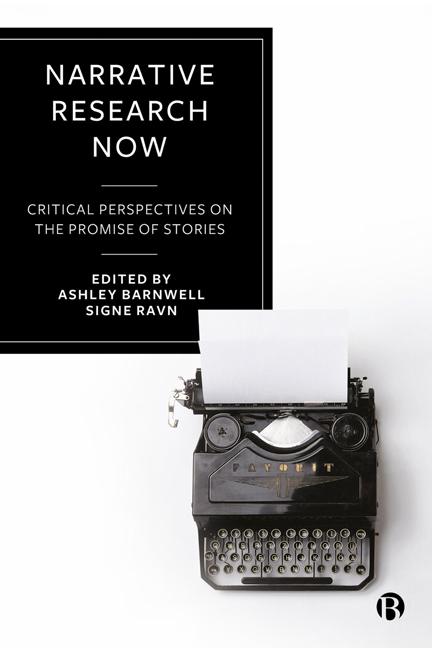5 - Ethical Weaving: Creative Narrations of Family Trauma and Resilience
Published online by Cambridge University Press: 28 March 2024
Summary
Introduction
‘They took pappa away. I never saw him again. He was imprisoned and then shot. I don’t know where he was buried. Nobody does. The land he didn’t want to betray, was he buried in it? I shall never find out.’
These are the words of my mother, my amma. I have changed them a little. These words were uttered in Urdu. Some things are lost in translation. I do not believe words can ever show her pain of losing her father.
This snippet is a part of a creative, narrative book project about my family experiences of war and migration. In 1971, the East wing of Pakistan became Bangladesh. Both my maternal and paternal family were forced to migrate to West Pakistan due to bloodshed and brutal conflict. I grew up with heartbreaking accounts of these events. My mother lost her father in the war. Now orphaned, she and her siblings were taken in by extended family who themselves were struggling in a new city and culture. My book attempts to tell these stories of my mother, my father and a few other relatives; stories that are proving to be somewhat untellable.
In this chapter, I reflect on my experiences of telling these untellable stories in the light of scholarship on memory and narrative. By doing so, I want to acknowledge the struggles of working on graphical family memoir. The chapter provides insight into the challenges of developing creative narratives about family stories of trauma, grief and resilience. The process of working on this book has been a journey of discovery for me, and I continue to work my way through my responses, reactions and coping mechanisms.
Telling untellable stories
I want to tell these stories because my mother never could, at least not in a written or a published form, despite being a writer and a poet. The academic discourse around the ‘Fall of Dhaka’ is mostly about the ‘Independence of Bangladesh’. The event is the same, but the stories are told differently. This often happens with stories. Especially the untellable ones. There are a lot of different kinds of untellable stories. In this particular case, more stories are told from the Bangladeshi point of view because the ones that ought to have come out from Pakistan would have to say, ‘Our leaders were wrong’, ‘Our people committed atrocities’.
- Type
- Chapter
- Information
- Narrative Research NowCritical Perspectives on the Promise of Stories, pp. 73 - 86Publisher: Bristol University PressPrint publication year: 2023

